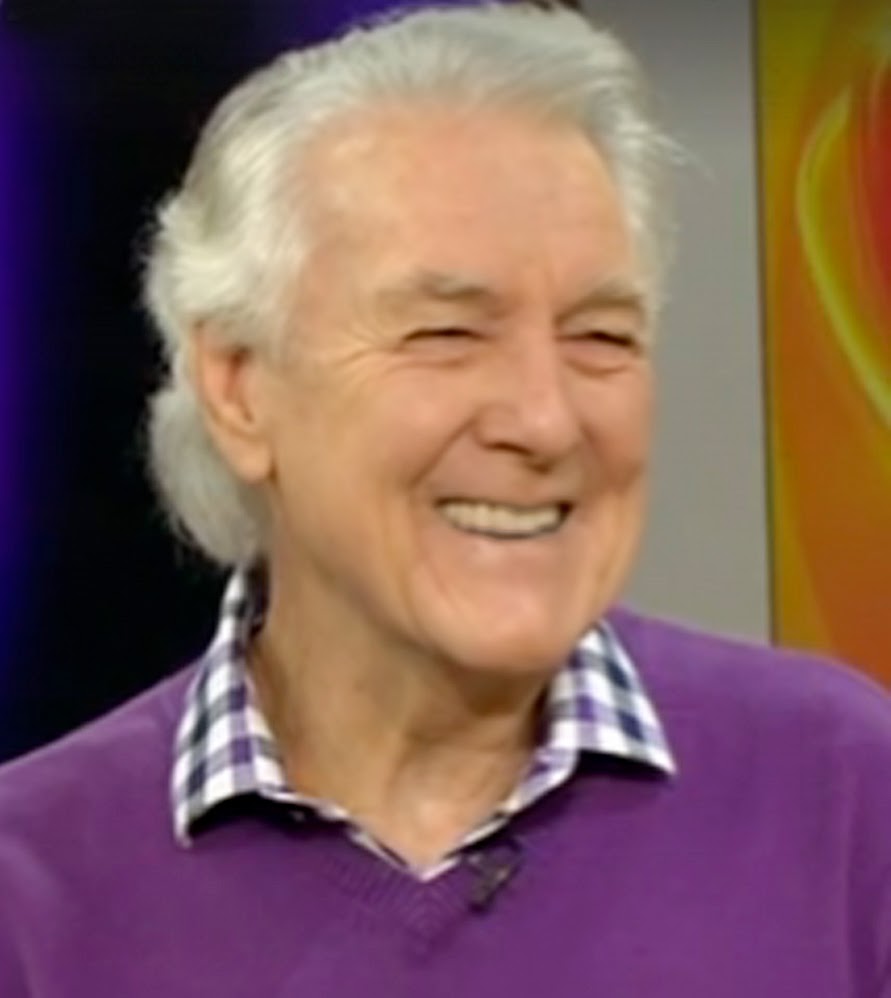Ray Brown and The Whispers "Miles Of Hits" (LP Cover In Detail).
 |
| Rare Vinyl LP BUY NOW |
"Miles Of Hits"
This LP is Volume Seven in a series initiated by Festival Records to enable the re-issue of a wide range of Australia's recorded cultural heritage, much of which has been unavailable for decades.
Also in this series: Vol 1, Noeleen Batley, Vol 2, Dig Richards. Vol 3, Rob E.G. Vol 4, Warren Williams. Vol 5, The De Kroo Brothers. Vol 6, Ray Hoff and The Offbeats. Vol 8, Johnny Young and Kompany. Vol 9, Marty Rhone and Soul Agents. Vol 10, Ross D. Wyllie.
The covers are presented here in high resolution so that photographs are clear and copy is legible. If you wish to download these images, a link is provided beneath each image.
If You wish to purchase a copy of this album, follow this link: SHOP NOW.
 |
| Download Hi Res Image |
The notation on the back cover is as follows
"Ray Brown and The Whispers became the resident act at Sydney’s Surf City and The Beach House late in 1964, gradually replacing Billie Thorpe and The Aztecs who were following their growing success. On Fridays and Saturday nights, an audience of 2000 was common. The Whispers were established as an instrumental group (The Nocrturnes) and had recorded two singles before Ray Brown joined them. The new Mersey sound inspired the Whispers, like the Aztecs and The Blue Jays to find a vocalist and in Ray Brown they had found a good one.
Signed by manager John Harrigan to The Leedon Label, the group revived Chubby Checker’s “20 Miles” for a debut single in 1965, and immediately became the hottest beat sensation in the land.
Brown’s boyish appeal thrust him alongside Normie Rowe and Stevie Wright and the group became so popular that during a Queensland tour, towns enjoyed a public holiday to celebrate their visit.
“Pride” an obscure Billy J Kramer track became their second number one hit in April 1965, followed by “Fool fool fool” in July. However it was the flip side, which displayed the group at its’ best. “Go To Him’, “Pride” and “Ain’t It Strange” feature some of the most exciting and innovative guitar sounds to come out of Australia in the 60’s. Queenslander Al Jackson cleverly used the “tiled” sound of Festival’s two track studio to create a truly remarkable effect under producer Bill Shepherd (later orchestra condutor for the Bee Gees in England). As Ray Brown and The Whispers became more musically adventurous, the hits began to slow. Their fourth release, a fine cover of Wilson Pickett’s “ In The Midnight Hour” (featuring Bob Birtles and Tony Buchanan on brass) hit number two, but from then it was downhill, as far as the charts were concerned. On record it was getting rather interesting. One track “Too Late To Come Home”, featured the Bee Gees on backing vocals, While four tracks on “The Same Old Song” Album were backed by Max Merritt’s Meteors.
Ray and The Whispers, (Pat Jeffrey, John Manners, Laurie Barclay and Al Jackson, displayed consistently good taste in the selection of material, and rarely turned in less than a competent version of the many Rock ’n Roll standardsthey recorded during a studio blitz that resulted in 9 singles, 10 EP’s and 5 albums in a little over 2 years.
The original Whispers split from Ray and re-joined Bobby Thomas. Brown worked with a new “Whispers” led by Ron Peel, who had just departed “The Pleazers”. With no real success, he headed of the USA in 1967 to record an album “Just Ray Brown under producer David Exelrod, which failed to connect with radio or the public. Undeterred Ray resurfaced in 1970 as the leader of a country rock band “Moonstone”, and impressed with the album “Mad House”. A year later he was fronting “One Ton Gypsy, a rambling Octet which also included Alison McCallum, Graham Lowndes and Laurie Pryor. After a 1973 single on Mushroom, “Steel Guitar / Covered Wagon, Ray slipped from sight though he toured occasionally as Ray Brown and The whispers during the “80’s to strong audience response."
Wilson Pickett was an influence on Ray Brown and many other Australian vocalists of the sixties.


Comments
Post a Comment